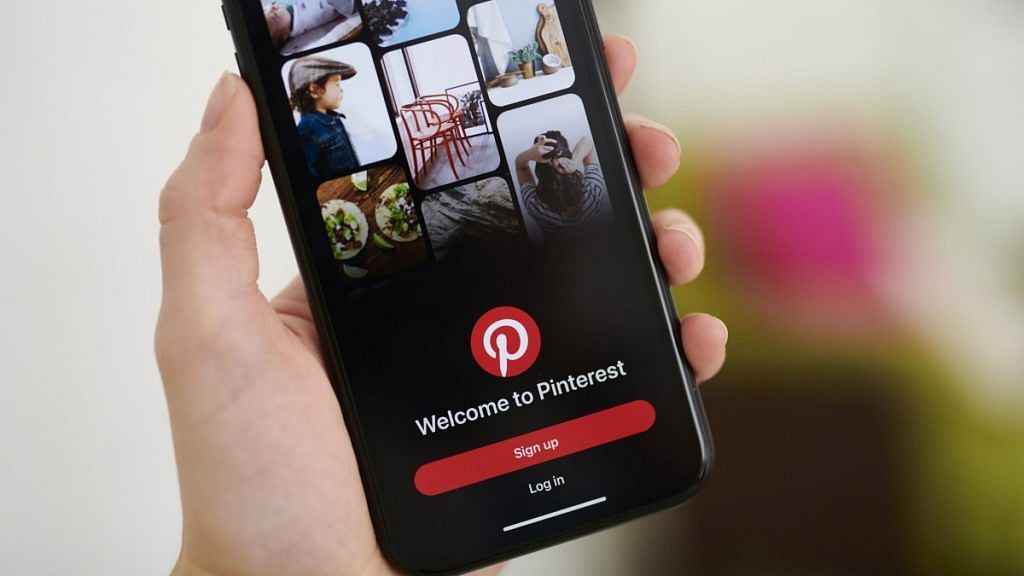New Delhi: Pinterest has become the first major social media platform to prohibit all weight loss advertisements in an effort to promote body positivity and acceptance.
In a statement released 1 July, the site said it is blocking “any language or imagery that idealises or denigrates certain body types”.
“There’s been a steep rise in unhealthy eating habits and eating disorders in young people since the Covid-19 pandemic started last year,” Pinterest stated, citing data from the National Eating Disorders Association (NEDA).
“We’re empowering Pinners to plan for a summer and beyond without weight loss ads, so they can focus on what matters most,” it added.
Earlier in 2019, both Instagram and Facebook imposed age restrictions on content about ‘miracle’ diet posts and plastic surgery. However, Pinterest is the first to altogether ban such ads from a social media platform.
According to advertising intelligence firm MediaRadar, between January and June 2021, weight loss brands spent USD 372 million to advertise their products on TV, digital and print formats. This was up 89 per cent compared to the same period last year in a pre-pandemic year.
Also read: Uber, Airbnb, WhatsApp all started during a crisis. Startups must be protected during Covid too
How new policy works
Under the new policy, Pinterest will ban any testimonials regarding weight loss or weight loss products, posts referencing Body Mass Index (BMI) or similar indexes, and any products that claim weight loss through something worn or applied to the skin.
This is in addition to the ad content that is already barred from Pinterest, such as weight loss products and claims, before-and-after weight-loss imagery, weight loss procedures like liposuction or fat burning, and body shaming.
Started in 2010 by three entrepreneurs, the bookmarking site had a simple goal in mind — to create a tool for people to collect online content they were passionate about in one place.
Over the past decade, Pinterest has grown into a platform for also promoting content, including potentially harmful eating and lifestyle habits, sometimes known as ‘thinspiration’, ‘thinspo’ and ‘pro-anorexia’.
With more than 60 per cent of its worldwide users being female, the company has been working to stamp down pro-eating disorder content on its platform for some time now. For instance, beginning in 2015, Pinterest removed searches for this kind of content and directed users to expert organisations.
(Edited by Manasa Mohan)
Also read: ‘White foods’ are invading India’s breakfast menu. So are chronic illnesses
